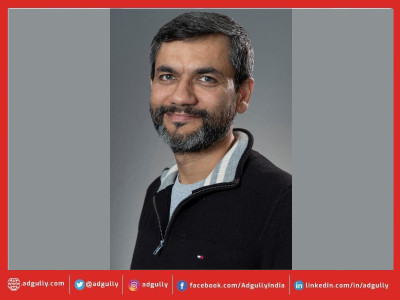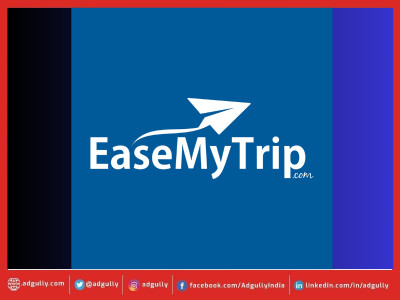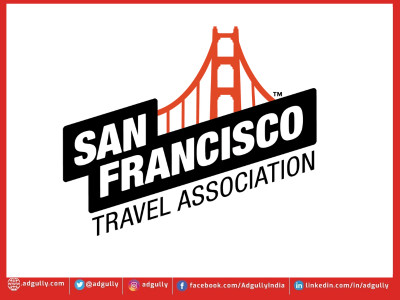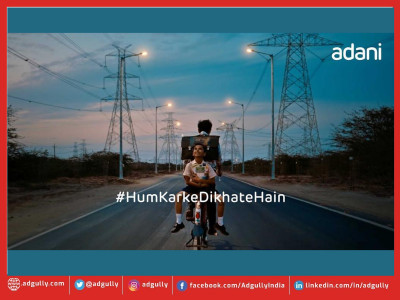Projects from Chile, India, and Mongolia Shortlisted as Final Three in BBC World Challenge Competition
More than 70, 000 votes were received this year, which saw the three finalists shortlisted from 12 projects from around the world. The winning project will receive a US$20,000 grant from Shell, while the two runners up will each receive US$10,000 to help develop their initiatives. Launched in 2005, the annual competition aims to identify and reward people and businesses bringing economic, social and environmental benefits to local communities through innovation and enterprise at a grassroots level. Since its inception, World Challenge has awarded financial grants to 18 projects across the globe.
The three finalists are:
Chile: Tech Crunch
NGO Hand in Hand set up a project with local people to collect food waste from households, hotels and restaurants, which is turned into biogas and used to generate electricity via a 10kW power station. The project now consumes about a ton of food waste every day - waste that would once have found its way into landfill.
V. Parisutham, Hand In Hand says: "We believe that being a World Challenge finalist will give due importance to proper management of solid waste and waste to energy initiatives and make the decision makers of our country take note."
Mongolia: Changing Spots
Brad Rutherford from the Snow Leopard Trust says: "Snow leopards and our partner communities in Mongolia have truly benefitted from our participation in World Challenge. It has brought the story of how helping families can also help snow leopards to a much larger audience and, as a result of this additional support, more communities can participate and more snow leopards are protected."


















Share
Facebook
YouTube
Tweet
Twitter
LinkedIn